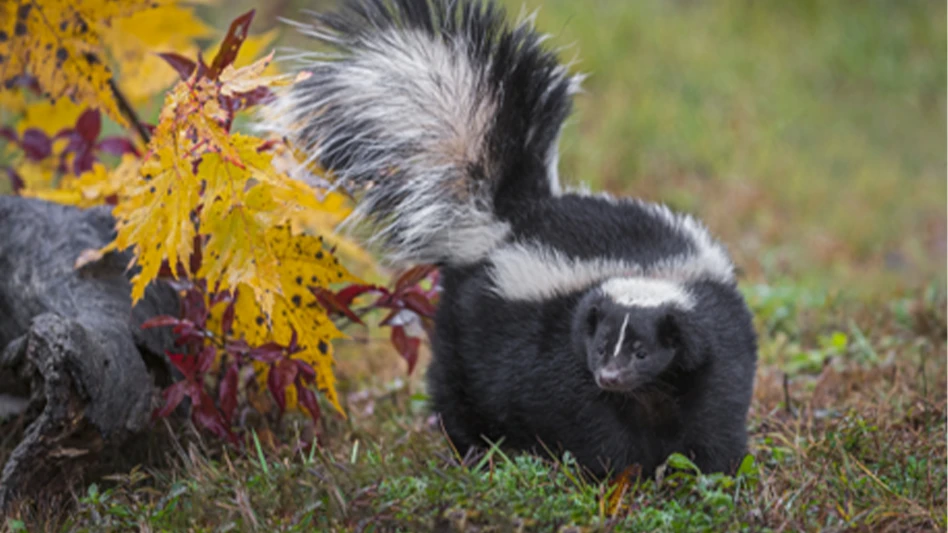Every year, millions of Americans have allergic reactions to food. While most food allergies cause relatively mild symptoms, for those with severe, life-threatening food allergies, reliable information about the ingredients in foods is essential.
Therefore, food plants must declare if there’s a possibility that any of the "Big 8" food allergens entered the food either as an ingredient or an incidental additive. These "Big 8" food allergens account for 90 percent of all food-allergy reactions in the United States and include cow’s milk, eggs, peanuts, tree nuts, soybean products, wheat, fish and crustacean shellfish. (For more information on the "Big 8" food allergens see http://www.healthcentral.com/allergy/food-allergy.html.)
To help reduce food-allergy reactions, individual food plant policies and third-party auditor standards restrict what pest management products can be used in food plants and may require formal food allergen control programs.
These internal food plant policies and third-party auditor standards affect pest management practices in varying degrees by:
• Restricting the use of allergens in lures and baits. The 2010 National Pest Management Food Plant Standards will not prohibit peanut butter but will require PMPs to comply with food plant allergen plans. However, when "Big 8" allergens are prohibited in a food plant, pest management companies may be required to replace lures like peanut butter for substitutes such as gum drops or chocolate syrup. Artificial alternatives also exist. In the case of tree nuts, there’s a synthetic version available that replicates the tree nut odor.
• Eliminating the use of some pesticides. If pesticides have any of the "Big 8" food allergens in them and the client restricts them, they can’t be used. The challenge for pest management firms is some pesticide manufacturers won’t share the specific ingredients in their products because they don’t want to risk revealing formulations to competitors. This secrecy reduces the number of pesticide products pest management companies can use.
• Prohibiting service of a food allergen plant before a plant with restrictions. Since peanut dust can be carried on clothing and equipment, some plants restrict their pest management company from servicing a peanut processing plant immediately before it services their account.
Since allergen requirements will vary from plant to plant, it’s essential for pest managers to discuss restrictions with the client so they have a clear understanding of the food plant’s allergen program and their expectations. These restrictions should then be documented so all technicians understand what each plant expects.
While there’s a very remote chance that a pest management product would ever end up in a food product, these precautions help protect food plants from legal problems and consumers from potential allergic reactions.
The author is technical director, McCloud Services, Hoffman Estates, Ill.

Explore the November 2009 Issue
Check out more from this issue and find your next story to read.
Latest from Pest Control Technology
- Pest Control Equipment: If it’s Critical, Back it Up!
- In Memoriam: Marybeth Wonson
- In Memoriam: Layton Word
- Mitchell Boston's Involvement as Local Councilman Sparks Growth in Pest Control Business
- Grizz Pest Management Owners Support Wildlife Conservation with Brookfield Zoo in Chicago
- Grizz Pest Management Partners with Brookfield Zoo to Build Tropical Forests Exhibit
- Truly Nolen Promotes Bohne to Vice President of Business Development
- Watch: Abell Pest Control Holds Snap Trap Challenge





